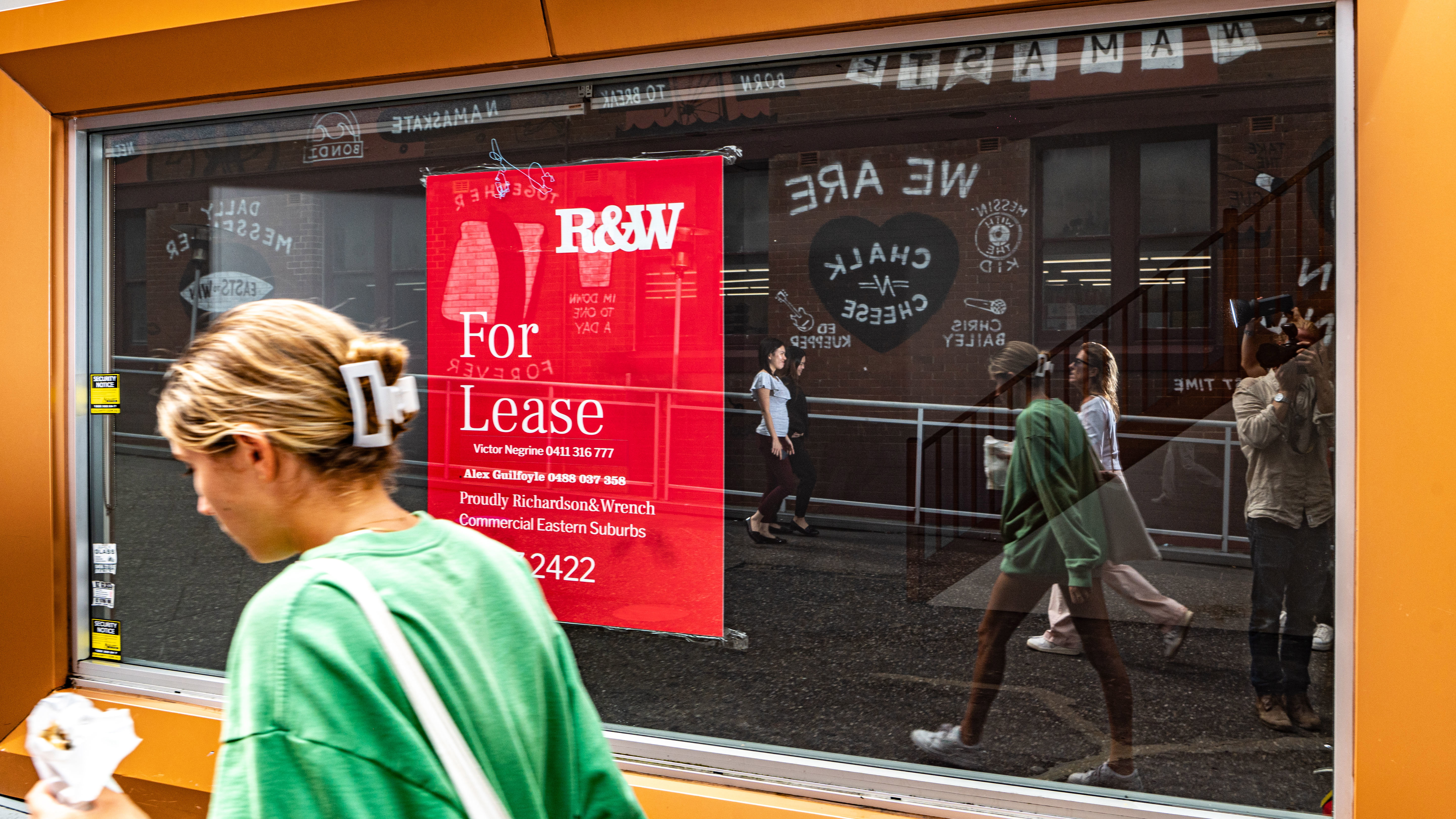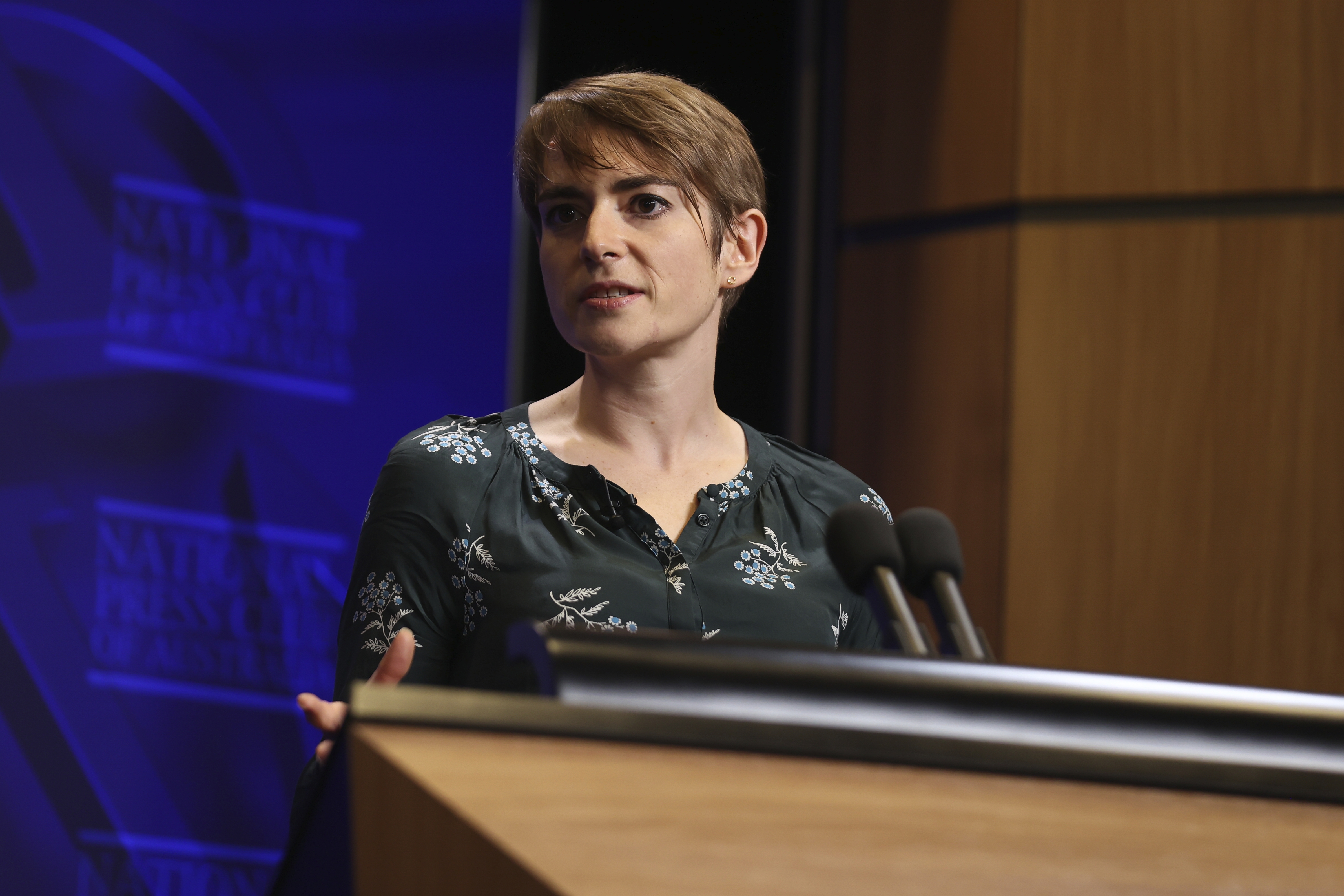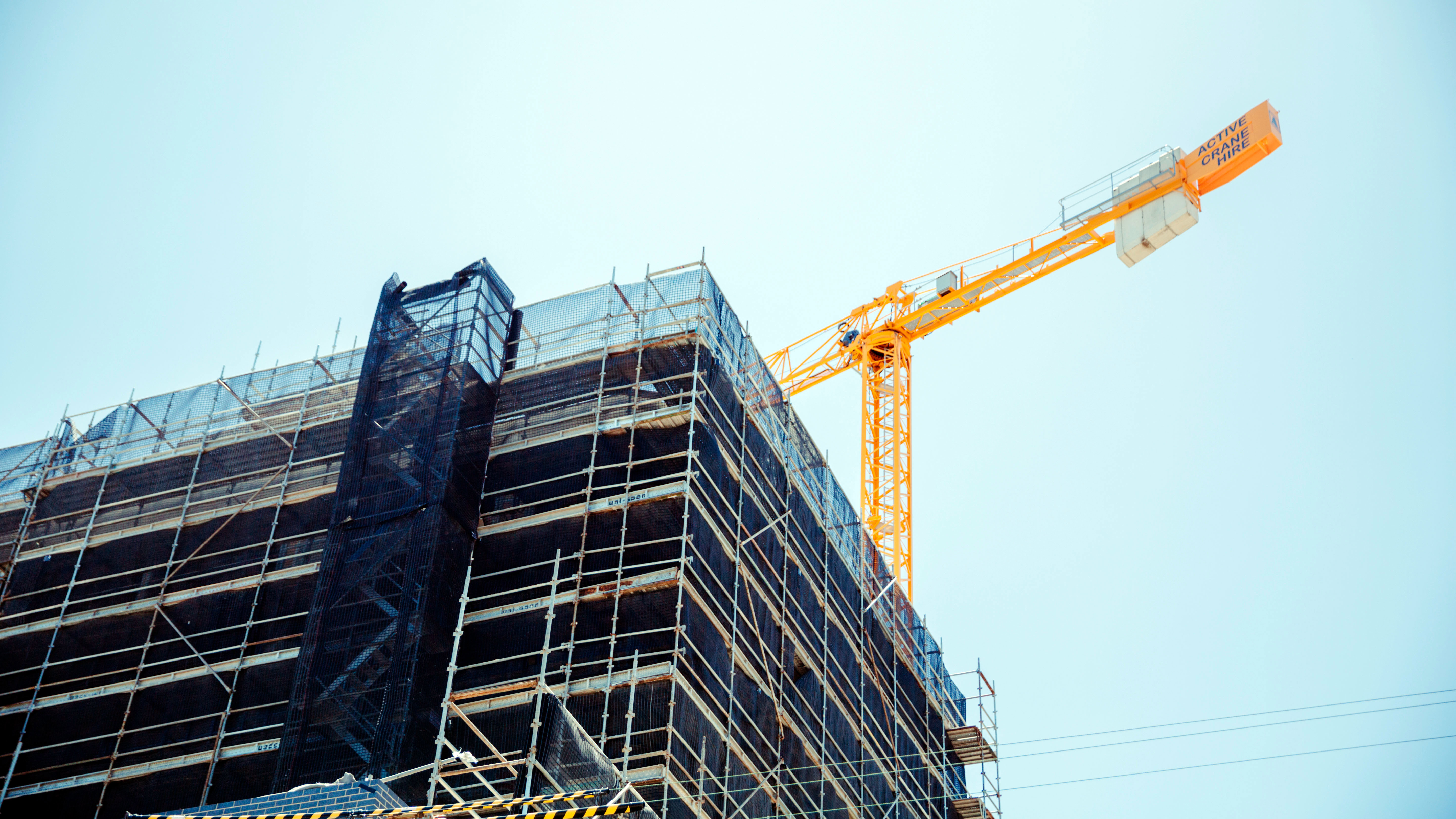Surging interest rates have not caused rental prices around the country to skyrocket to record highs, according to the Reserve Bank of Australia.
Thirteen increases have pushed the cash rate up from 0.1 to 4.35 per cent in the last two years, which has been cited as a factor in weekly rents growing at a rapid pace.
However, RBA assistant governor Sarah Hunter has said there is no evidence to suggest landlords are directly passing on the rate hikes to their tenants, and that any link between rising rates and rents is a case of correlation rather than causation.
READ MORE: Unemployment rate increases, dulling chance of rate hike
"At first glance, it does appear that there could be a positive relationship between interest rates and market rents – the two often move together," Hunter said in a speech in Hobart today.
"However, our preliminary analysis suggests that market conditions (captured via the vacancy rate) explain most of the movement in market rents, and there is little to no evidence of direct pass-through to rents from higher interest costs in the short term.
"As such, the observation that market rents and interest rates move together appears to be a case of correlation, rather than interest rate rises causing rents to increase."
READ MORE: Why the budget's predicting lower inflation but same old interest rates
The main driver of surging rents, Hunter said, was Australia's high demand for housing combined with the lowest level of per-capita building approvals since the Global Financial Crisis.
"The impact of the imbalance between new supply and new demand for dwellings can be seen in both the rental market and the established housing market," she said.
"In most capital cities, rents are growing at a relatively rapid pace.
"And in the established housing market prices have risen significantly in recent years – demand versus supply fundamentals appear to be alive and kicking."
In the rental market, our assessment is that the level of demand relative to the stock of properties available is the key driver for market rents… rents in many of the capital cities began to rise in 2021, before the first rise in the cash rate."
With building costs high and the commercial returns from construction projects relatively low, the RBA isn't expecting the gulf between supply and demand to be bridged anytime soon – concerning but unsurprising news for renters and prospective homebuyers struggling under the weight of increased housing prices.
EXPLAINED: One million households to benefit from rental boost
"It will not be a quick fix," Hunter said.
"Demand pressure, and so upward pressure on rents and prices, will remain until new supply comes online.
"We expect this response to take some time to materialise, given the current level of new dwelling approvals and the information from liaison that many projects are still not viable.
"In the meantime, we expect residential construction activity to remain relatively subdued."






